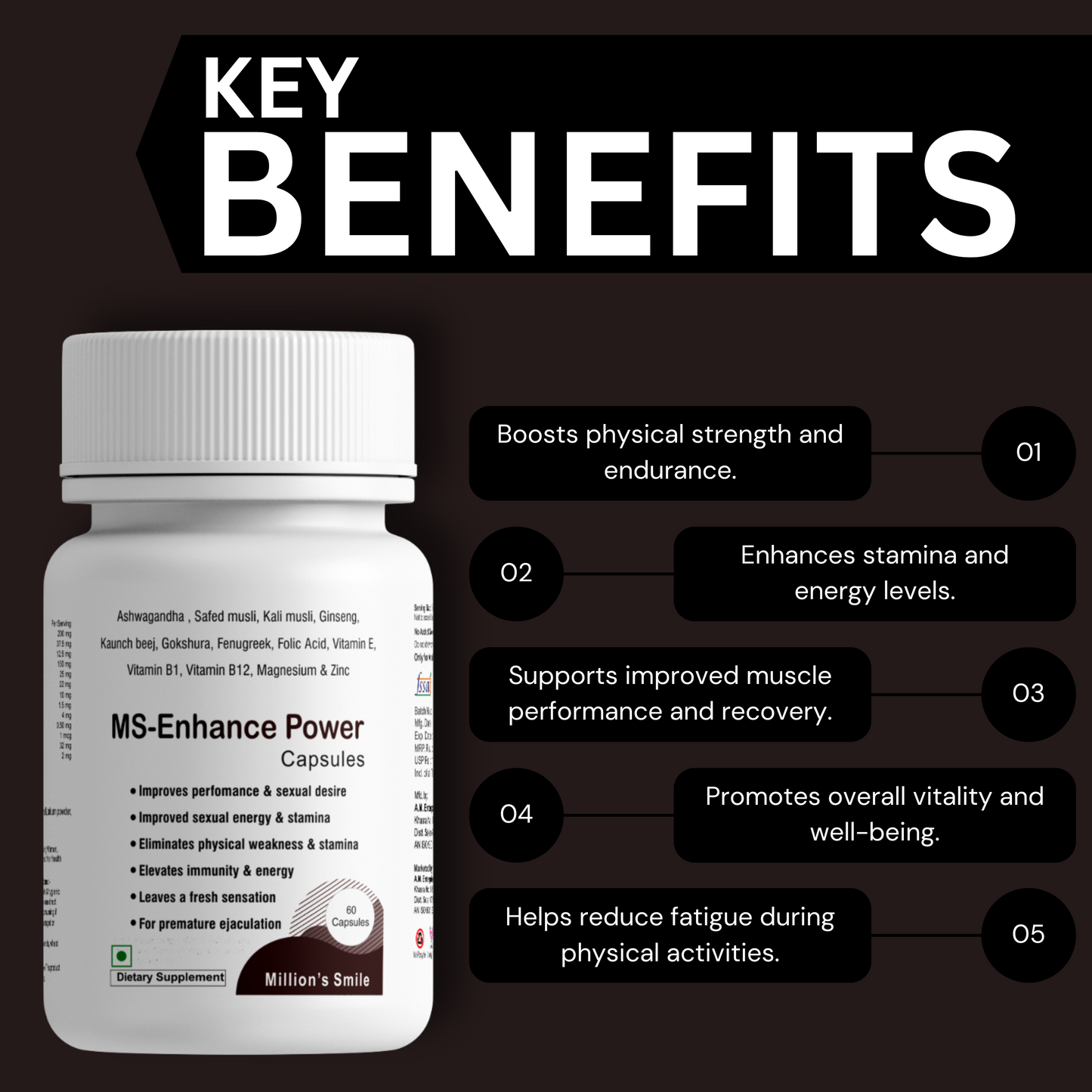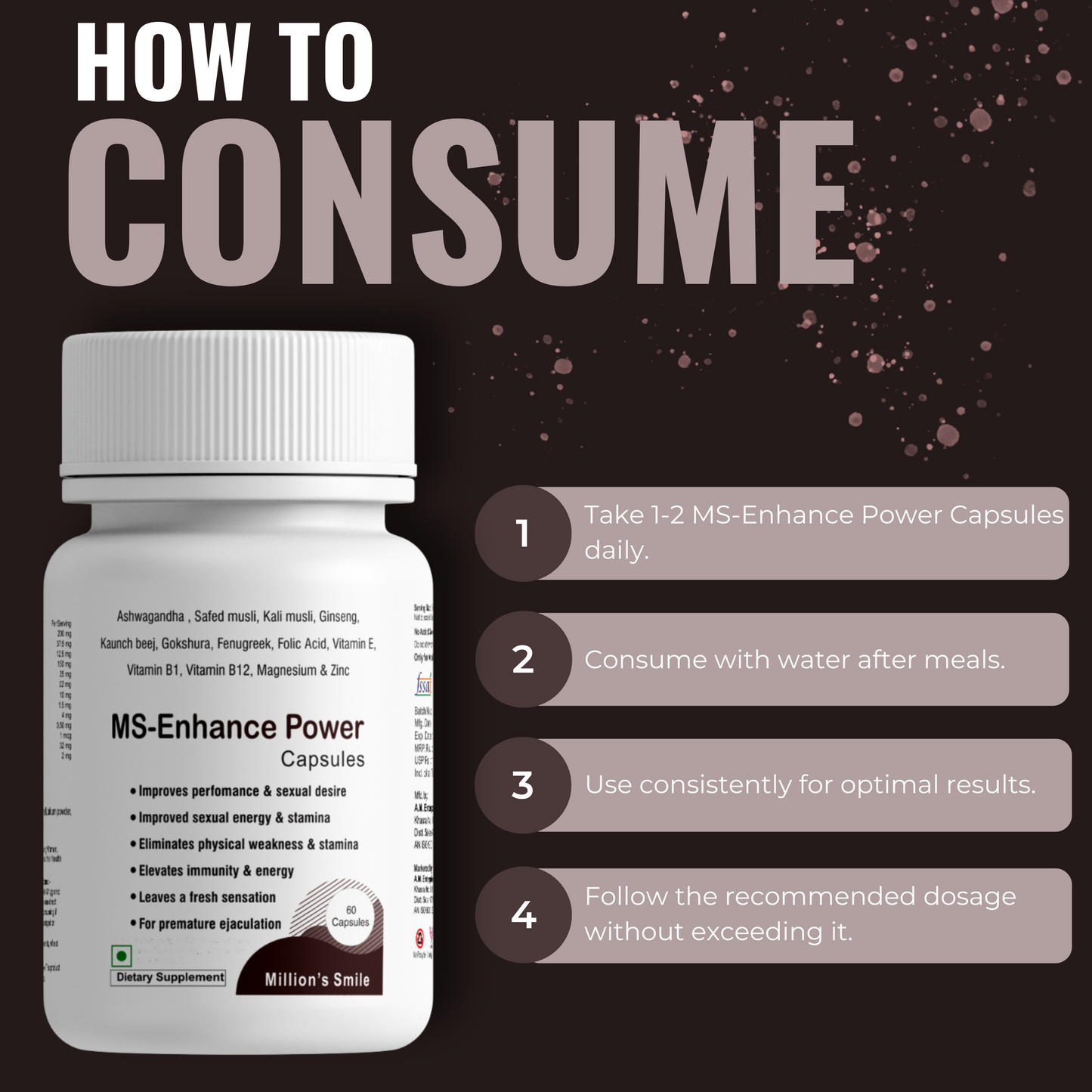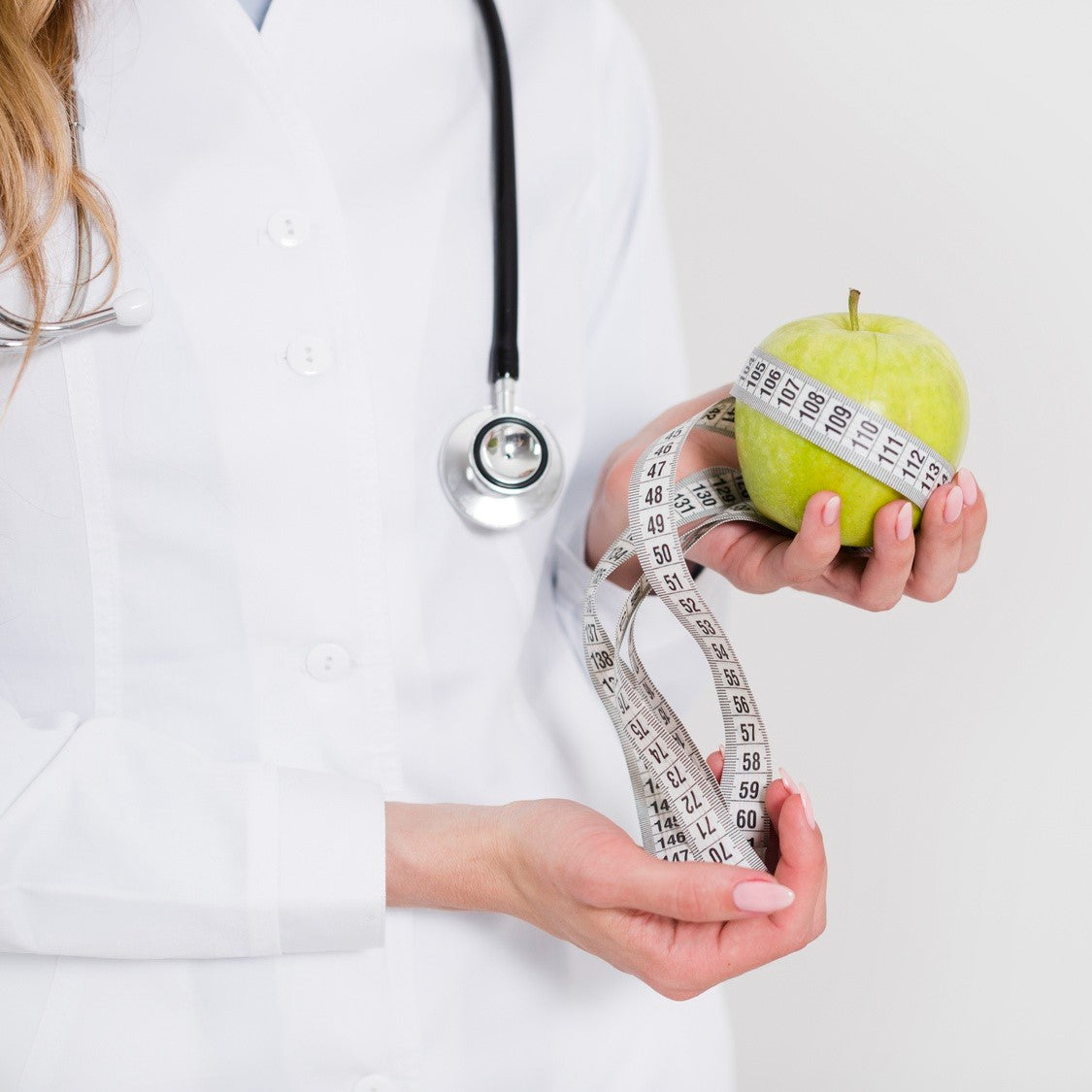Million's Smile
MS - Female Fertility Combo.
Share









Million's Smile
MS - Male Fertility Combo.
Share








What is Fertility?
Fertility refers to the ability to conceive and produce offspring. In men, it depends on sperm quantity, quality, and motility. In women, it involves regular ovulation, healthy eggs, and a well-functioning reproductive system.
Factors Affecting Fertility
Biological: Age, hormonal balance, genetics, and reproductive health.
Lifestyle: Diet, exercise, stress levels, smoking, alcohol, and sleep.
Medical Conditions: PCOS, endometriosis, low sperm count, or infections.
Ways to Improve Fertility
Healthy Diet – Eat foods rich in antioxidants, zinc, folic acid, and omega-3.
Supplements – Take fertility-supporting vitamins and minerals.
Exercise & Stress Management – Regular physical activity and relaxation techniques boost fertility.
Medical Guidance – Consult a doctor if trying to conceive for over a year without success.
Would you like a structured step-by-step guide for boosting fertility?
Complete Fertility Cure
-
Diet
Eat nutrient-rich foods like leafy greens, nuts, seeds, eggs, fish, and whole grains. Include zinc, folic acid, and omega-3 fatty acids to support sperm and egg health. Avoid processed foods, excessive sugar, alcohol, and caffeine.
-
Stress management
Practice meditation, deep breathing, and ensure 7–9 hours of sleep daily. Manage anxiety and reduce stress through relaxation techniques. Seek medical advice if conception is difficult after one year of trying.
-
Physical activity
Engage in moderate exercise like yoga, walking, or strength training to maintain a healthy weight and reduce stress. Avoid smoking, alcohol, and excessive heat exposure, as they negatively affect fertility.
-
Dietary supplements
For women: Female Fertility Capsules, Multivitan for Women, Fertile-F to support hormonal balance, ovulation, and egg quality.
For men: Enhance Power Capsules, Fertile-M, CoQ10 to improve sperm count, motility, and overall reproductive health.
FAQs
How long does it take to improve fertility?
With a balanced diet, supplements like Female Fertility Capsules, Multivitan for Women, Fertile-F, Enhance Power Capsules, Fertile-M, and CoQ10, and a healthy lifestyle, improvements can be seen within 3–6 months.
Can stress affect fertility?
Yes, high stress disrupts hormone levels, affecting ovulation in women and sperm production in men. Stress management techniques like meditation and proper sleep help improve fertility.
Do supplements really help with fertility?
Yes, fertility supplements provide essential nutrients that support reproductive health, improve hormonal balance, and enhance sperm and egg quality.
When should I see a doctor for fertility issues?
If you’ve been trying to conceive for over 12 months (or 6 months if over 35) without success, consulting a fertility specialist is recommended.


